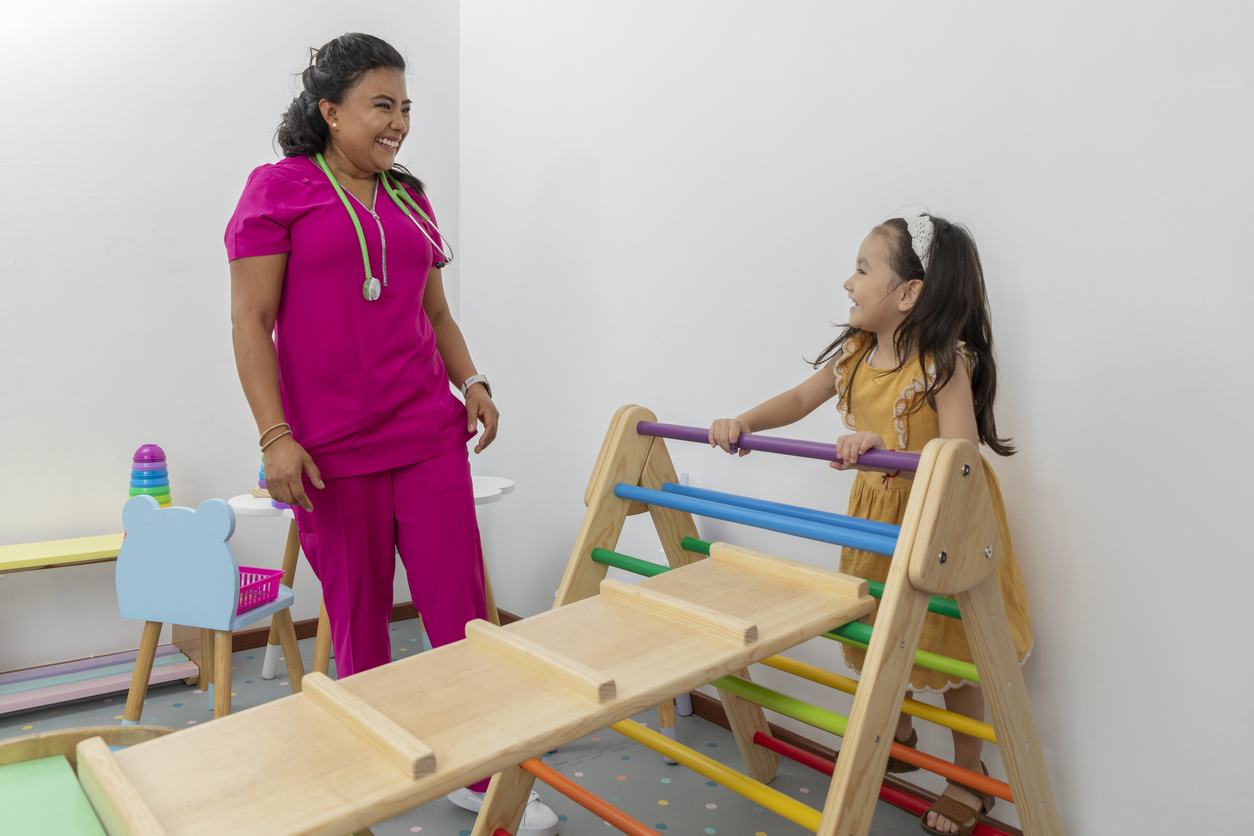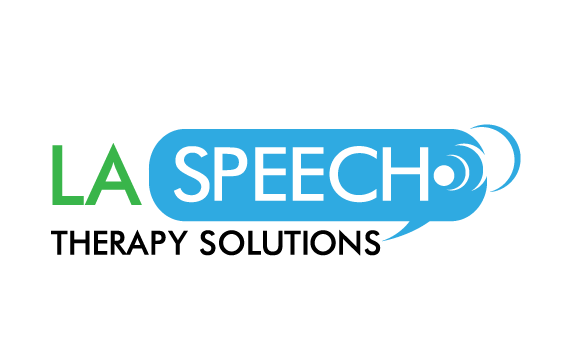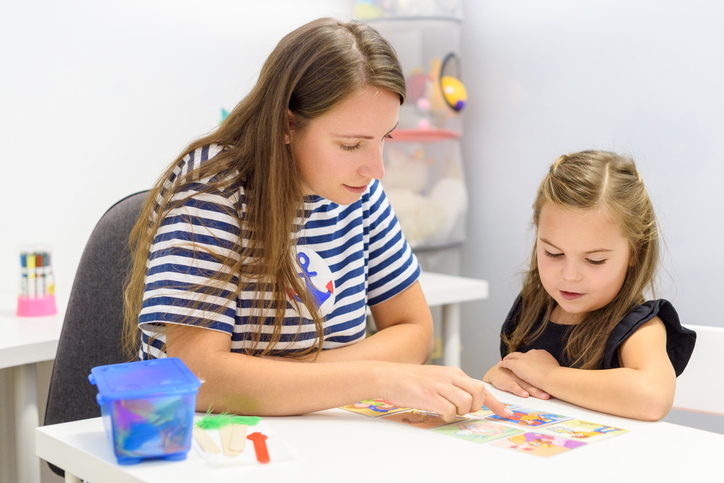
We as parents always want the best for our children, including their general development and progress. One component of their child’s growth that parents may miss is occupational therapy los angeles. Occupational therapy (OT) is a type of treatment that assists people, including children, in developing, improving, or recovering everyday living and work-related abilities. In this post, we’ll look at how to tell if your child requires occupational therapy in Los Angeles and what pediatric occupational therapy options are accessible.
Let’s start by defining occupational therapy and how it varies from other forms of therapies. Occupational therapy focuses on assisting patients in performing everyday living tasks with ease and independence, such as self-care, play, and social engagement. It also aids in the development of fine and gross motor skills, sensory processing abilities, and cognitive abilities required for school and job. Occupational therapy, as opposed to physical therapy, which focuses on increasing mobility, and speech therapy, which focuses on improving communication abilities, encompasses a wide variety of skills required for everyday functioning.
Now that we’ve defined occupational therapy, let’s talk about how to tell if your child needs it. Consultation with a pediatric occupational therapist is the best approach to decide if your kid need occupational therapy. If you’re still unsure, you may take this simple questionnaire to help you decide:
Occupational Therapy for Children Aged 2 and Under:
Can Your Toddler Crawl or Move About Independently?
A)Yes, they can crawl and move on their own
B) No, they cannot crawl or move on their own.
Is Your Toddler Having Trouble Grasping or Managing Items Like Toys or Utensils?
A) Yes, they have trouble holding or manipulating items
B) No, they do not have trouble holding or manipulating objects.
Does Your Child Appear to Have Sensory Processing Issues, Such as Sensitivity to Loud Noises or Textures?
A) Yes, they have sensory processing issues
B) No, they do not have sensory processing issues.
Is Your Child Having Trouble Eating or Swallowing?
A) Yes, they have eating or swallowing difficulties
B) No, they do not have feeding or swallowing difficulties
Does Your Youngster Struggle with Balance or Coordination?
A) Yes, they have balance or coordination problems
B) No, they do not have balance or coordination problem
If you answered “Yes” to any of these questions, it may be time to consider occupational therapy for your child. It’s vital to remember that every child is different, and not every child will require occupational therapy.
Occupational therapy for children aged 3-5
Does Your Child Struggle with Scissors or Writing Utensils?
A) They do have trouble utilizing scissors or writing tools
B) No, they have no trouble utilizing scissors or writing instrument
Does Your Child Struggle to Follow Directions or Stay Focused on Tasks?
A) They do have trouble following directions or keeping focused on assignments
B) No, they have no trouble following orders or remaining focused on assignments
Does Your Kid Have Sensory Processing Issues, Such as Sensitivity to Specific Textures or Sounds?
Yes, they have sensory processing issues
No, they do not have sensory processing issues
Is Your Child Struggling With Social Connections, Such as Establishing Friends or Participating in Group Activities?
A) Yes, they struggle with social interactions
B) No, they do not struggle with social interactions
Is Your Child Having Trouble with Balance or Coordination, for Example, Whether Riding a Bike or Catching a Ball?
A) Yes, they have balance or coordination problems
B) No, they do not have balance or coordination problems.
If you answered “Yes” to any of these questions, it may be time to consider occupational therapy for your child. It’s vital to remember that every child is different, and not every child will require occupational therapy.
Occupational Therapy for Children Aged 6-8:
Does Your Child Have Trouble with Handwriting or Typing?
A) Yes, they have difficulty with handwriting or typing
B) No, they do not have difficulty with handwriting or typing.
Does Your Child Have Trouble with Fine Motor Skills Like Buttoning Garments or Tying Shoes?
A) Yes, they struggle with fine motor skills
B) No, they do not struggle with fine motor skills
Does Your Child Have Trouble with Gross Motor Abilities Like Leaping or Running?
A) Yeah, they struggle with gross motor skills
B) No, they do not struggle with gross motor skills.
Is Your Child Having Difficulty Paying Attention or Focusing at School or During Activities?
A) Yes, they have attention or focus problems
B) No, they do not have attention or focus problems
Is Your Child Having Difficulty with Organizational Skills Such as Keeping Their Backpack or Desk Tidy?
A) Yes, they suffer with organizational skills
B) No, they do not.
If you answered “Yes” to any of these questions, it may be time to consider occupational therapy for your child. It’s vital to remember that every child is different, and not every child will require occupational therapy.
In Los Angeles, LA Speech Therapy Solutions is a top source of pediatric occupational therapy near me. Their skilled and experienced occupational therapists specialize in assisting children in developing the skills required to succeed in their daily lives. They provide a wide range of services, including examinations, individual treatment, group therapy, and parent and teacher consultations. Their therapists collaborate closely with parents to create a personalized treatment plan that is suited to the individual requirements of their kid.
Pediatric Occupational Therapy Near Me
If you are concerned about your child’s development and growth, it is critical that you examine their occupational therapy requirements. Occupational therapy Los Angeles may help your kid acquire the skills needed to succeed in everyday life, and LA Speech Therapy Solutions is a reputable provider of pediatric occupational therapy services in the region. Remember that each child is unique, and it’s always preferable to contact with a certified pediatric occupational therapist if you have any concerns.





